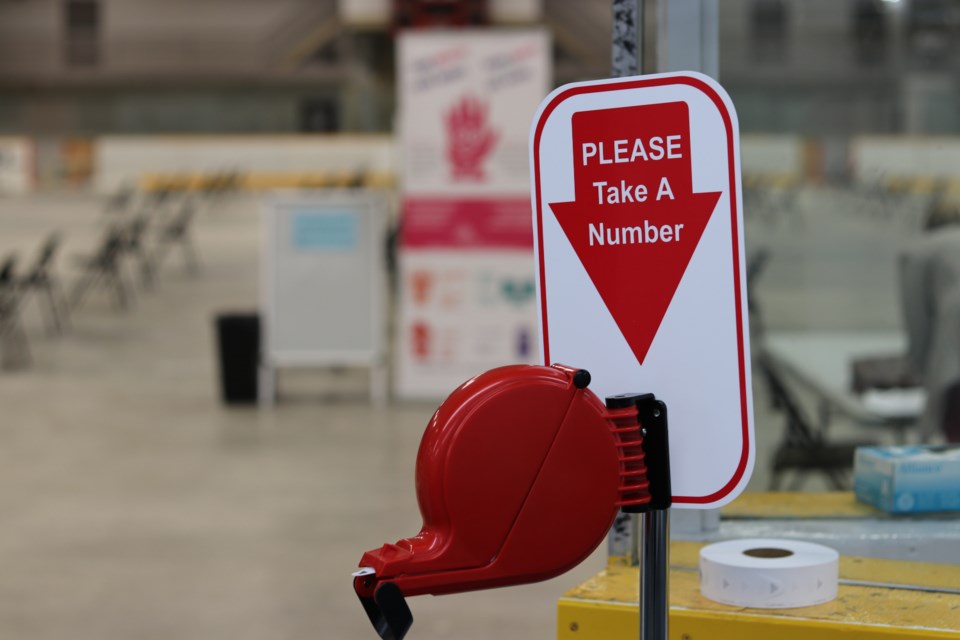With COVID-19 vaccination boosters being approved for the highest-risk population, the Porcupine Health Unit has released some details on how the vaccines will roll out locally.
A referral form from a doctor will be required for people with certain medical conditions and the health unit is working with long-term care facilities for clinics.
People who will require a referral form from their treating provider or primary care provider are:
- Transplants recipients (including solid organ transplant and hematopoietic stem cell transplants)
- Individuals receiving treatment with an anti-CD20 agent (e.g. rituximab,ocrelizumab, ofatumumab), commonly used for conditions such as multiple sclerosis, rheumatoid arthritis, leukemias/lymphoma etc.
- Individuals receiving active treatment (chemotherapy, targeted therapies,immunotherapy) for malignant hematologic disorders (e.g. acute myeloidleukemia, chronic myeloid leukemia, acute lymphoblastic leukemia, chronic lymphocytic leukemia)
For people in these groups, a health unit bulletin said the third dose should be offered at least two months after the second dose. The "exact timing should be decided with the treating provider in order to optimize the immune response from the vaccine series and minimize delays in management of their underlying condition."
The referral form is available online here. People stopping by a clinic without a referral form will be turned away, according to the health unit.
For residents at long-term care homes, high-risk retirement homes and Elder care lodges, third doses are being offered at least five months after the second dose.
"The Porcupine Health Unit is currently working with these high-risk settings to plan vaccine clinics for their residents," reads the bulletin.



